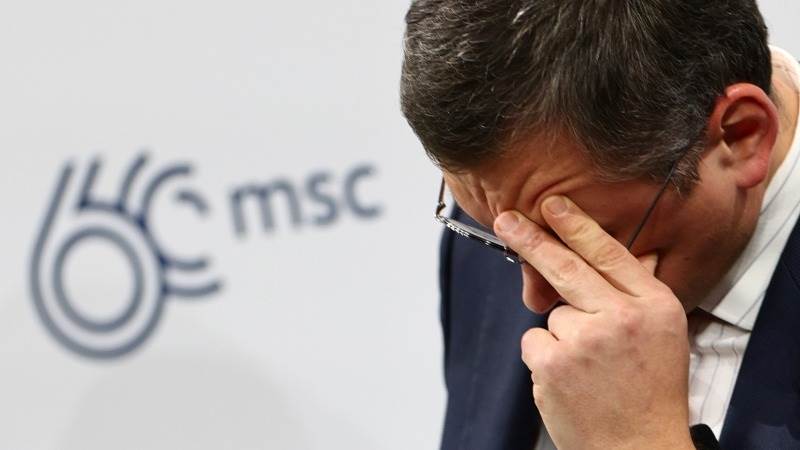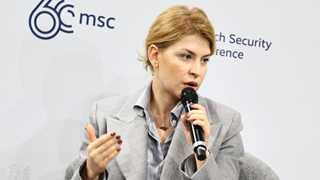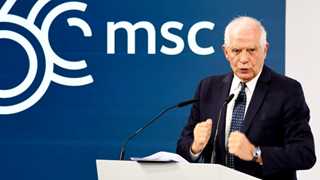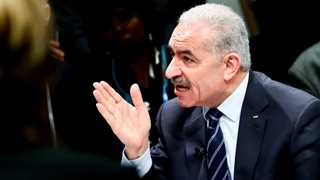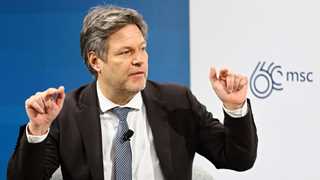The Bavarian capital hosted between February 16 and 18 the 60th annual Munich Security Conference (MSC), and, henceforth, dozens of dignitaries. However, despite the overall gloss of the event stacked with big names, it was less than a joyous occasion as many conflicts, either armed or simply diplomatic, cast a cloud over it.
Two years in, Moscow continues to pose as the main topic in Munich as its military operation in Ukraine appears to be far from over. Just as the conference was kicking off, news came about the death of Russian opposition politician Alexey Navalny; later, that country overtook the town of Avdiivka from Kiev's forces, its first major capture in months. Previously, various countries, such as Estonia, shared their intelligence findings that Russia could launch an attack on the North Atlantic Treaty Organization (NATO) in the next few years.
Ukrainian President Volodymyr Zelensky made another plea for more Western weapons, insisting that Russia found an ally in that field in Iran and North Korea. However, with the aid from the United States stalled due to Congress' inability to agree on a bill that would enable it, the European Union had little choice but to promise more help, with Germany allocating €1.13 billion and France €3 billion. German Chancellor Olaf Scholz even warned that, if Russia was to win, that would put Europe's security at risk. Still, despite Paris and Berlin's donations, NATO Secretary General Jens Stoltenberg stressed the need for Washington to jump in with more.
The MSC also saw conversations about the conflict between Israel and Hamas, particularly the humanitarian situation in Gaza, with many invitees urging a ceasefire, releasing hostages, and transferring aid to the strip. However, despite that, Israeli Prime Minister Benjamin Netanyahu insisted that, even if there is a truce, the country's troops will eventually enter the Gazan city of Rafah, where there are currently at least a million people displaced. Israel even rejected repeated calls for the recognition of the Palestinian state.
The topics on the MSC 2024 agenda, as well as the absences of Russia and Iran, underscored the divisions and a mutual lack of understanding currently present on the world stage. Will diplomacy manage to find needed solutions and prevail? Perhaps the fact that Oppenheimer, a film that stresses the dangers of possessing nuclear weapons, has so far won almost every major award for best picture of 2023 will show politicians that the public is hungry for one thing – peace, and listen to it.
